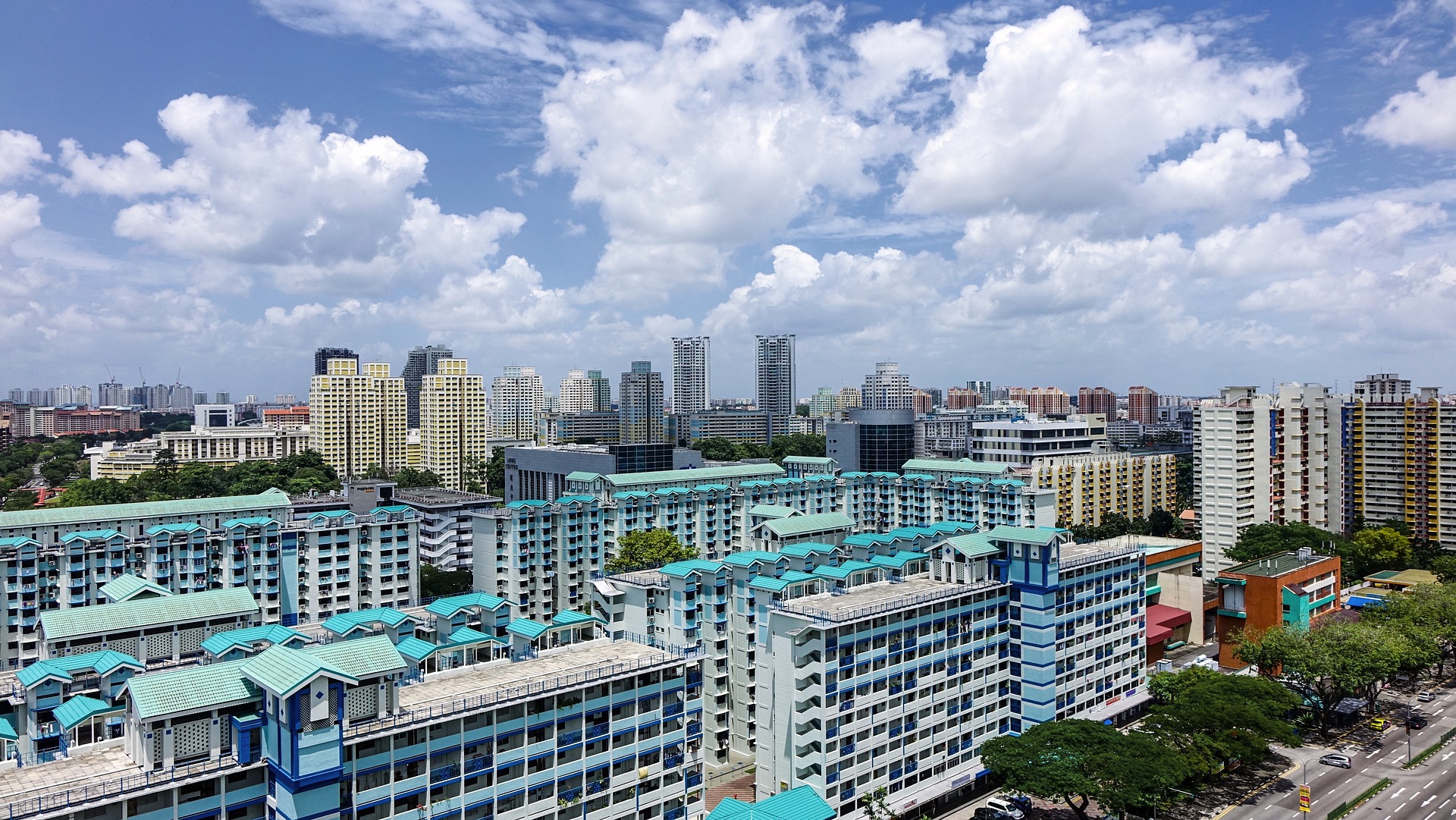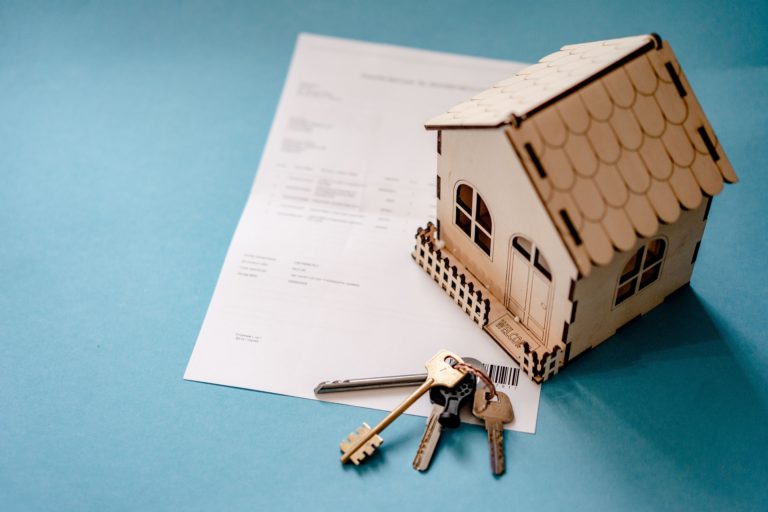We get to look at the property and get all the details we want before making our decision. The onus on checking out the property is on us, because caveat emptor — let the buyer beware — applies.
Stages of the sale process:
- Buyer offers 1% option money,
- reject = return
- Seller accepts
- seller’s agent or solicitor prepares Option to Purchase (OTP)
- OTP given to buyer
- Within 14 days,
- buyer exercises OTP
- signs OTP or Sale & Purchase agreement
- pays balance 4% or 9%
- lawyer
- legal requisitions
- lodge caveat
- prepare draft transfer
- agent assists buyers in
- getting financing
- coordinating with bank, CPF
- if OTP expires or deal is called off
- forfeit 1% option money
- 8-12 weeks — completion
- seller’s lawyer prepares
- Sale and Purchase Agreement
- completion statement
- buyer’s lawyer does
- bankruptcy search
- title search
- register’s buyer’s interest and transfer of title
- settlement of balance
- handing over keys
- buyer’s lawyer
- hand over transfer,
- send documents for stamping,
- apply for registration of transfer.
- seller’s lawyer prepares
[Note: Again the payment is a little different. The Option and exercise fees are max 5%, and it can be 1/4% or any other split. Where did that 9% come from?
As for the actual timeline, I’ve learned that it’s between the buyer and seller. Option to exercise can be anything from same day to even three months later. The completion is a minimum of eight weeks for the banker and lawyer to process the work, 12 weeks best, and it can go as long as whatever’s negotiated.]
Option to Purchase (OTP)
Irrevocable offer binding the seller, not buyer.
Seller cannot offer property to another in the option period (14 days).
OTP contains:
- Parties (seller and buyer details)
- Property (address)
- Price
- validity period (14 days)
- completion period (8-12 weeks)
Offer to Purchase
A binding direct offer that skips the option period
- prepared by buyer’s agent or lawyer,
- stating price, date, conditions.
If seller accepts,
- Sale and Purchase agreement,
- max 5% purchase price paid.
Sale and Purchase (S&P) Agreement
(Goodness, is this the Sale & Purchase, Sale and Purchase, Salessss and/& Purchase???)
With the OTP or the Offer to Purchase, the 4% / 9% is paid, and a process begins that takes 8-12 weeks to completion.
Legal requisitions
The buyer’s lawyer writes to government ministries and statutory boards
- IRAS, LTA, NEA, PUB, BCA, URA
to ask…
- if the current owner owes property tax
- is the property affected by any MRT plans, road works or future plans?
- is there a mosquito breeding notice, air/water pollution control, hazardous/toxic industrial waste control?
- is there an outstanding owing for sewerage water?
- has the TOP or CSC been achieved?
- are there pending acquisition plans for the property?
Unsatisfactory replies lead to buyers having the right to cancel the purchase, rescinding the Option to Purchase. All money returned.
Legal completion
With satisfactory legal requisitions, sellers and buyers move to completion.
At completion:
- seller’s lawyer prepares
- Sale and Purchase Agreement
- completion statement
- buyer’s lawyer does
- bankruptcy search
- title search
- register’s buyer’s interest and transfer of title
- Completion statement shows payments for:
- loan settlement
- property tax
- utilities
- maintenance fees
- salesperson commission
- lawyer fees
The balance is paid, keys transferred, and documents applied for and stamped.
Sales proceeds — balance after deductions.
Bankruptcy Act
In debt of at least $15,000 and unable to pay, the High Court declares a debtor bankrupt.
Official Assignee takes over assets as public trustee,
- consenting to any disposal of property, cash, CPF,
- controlling salary, income, sales proceeds, and
- implementing a debt repayment scheme for a maximum of five years.
Transfers of property are void(able) from six months to five for up to three years. (Gift, Trust, Succession, Future Interest)
Debtor can be discharged from bankruptcy by:
- annulment of bankruptcy order
- discharge by court
- discharge be certificate of Official Assignee.
Law Society’s Conditions of Sale 2020
is the base for all OTP and S&P agreements.
8% per annum interest rate on late completion:
- buyers pay interest on balance
- sellers pay interest on full price.
Seller Stamp Duty is the buyer’s obligation, deducted from purchase price.
Vacant Possession — all movable property (chattel?) to be removed.
Upon death before scheduled completion date, date may be postponed no more than three months, no interest to be paid.
Notice to Complete — if buyer fails to complete in 21 days, the seller can forfeit any deposit and resell the property.
Payments are to be made to seller’s lawyer’s Conveyancing Account or Singapore Academy of Law as a stakeholder.
Management Corporation
A legal entity that self-governs, comprised of the
subsidiary proprietors — buyers/owners — for the strata title plan.
Responsibilities:
- Creating by-laws
- to control and manage use and enjoyment of common property
- Management Corporation, owners and residents can apply to court to stop someone disobeying by-laws and to recover damages
- Maintenance contribution
- collect
- recover any unpaid as debt
- 30 days overdue, bears interest (according to meeting)
- serve written demand
- 14 days later
- serve a fine
- recover through Small Claims Tribunal
- register a charge against strata lot
- may offer rebate/incentive for early payment
- may deviate from share value proportion by consensus
- Accounting
- and financial records for at least seven years
- Proper records
- of all notices and court orders
- meeting minutes, motions passed
- correspondence
- at least seven years
- Strata Roll
- a register of the owners of each unit
- name, address of subsidiary proprietor, mortgagee, nominee
- entry into possession of lot
- discharge, transfer, assignment, sub-mortgage of a lot
- share value of each lot
Share value
Share value of a strata lot determines:
- maintenance payment
- voting right
- share of common property
Developers engage a professional surveyor to allocate share value, then submit a proposal to the Commissioner of Buildings for acceptance before the sale of property.
Single user residential development have share values based on property area:
- 1-50 square metres — 5
- …
- 151-200 square metres — 8
- every 50 square metres — +1 share
Mixed developments (resi, office, shops) have different factors. Shops pay more.
Share values can only be changed where there was error, fraud, or a lot is subdivided or amalgamated.
Subsidiary proprietor
the buyer/owner, shown on the strata certificate of title.
Responsibilities:
- Pay maintenance contributions
- maintain exterior features (fixtures)
- inter-floor leaks
- work with neighbour to investigate and repair
- comply with notices by public authorities and MC by-laws.
If a subsidiary proprietor wants to increase the total gross floor area of the entire development, they need 90% resolution from Management Corporation and possibly URA.
Management fund
pays the day-to-day recurring expenses:
- common property maintenance
- insurance premiums
anything not covered by…
Sinking fund
collected for future needs, pays:
- common property painting, repair, replacement
- movable property (chattel? fitting?) purchases
- fixture renewal or replacement
any other debts not in management fund.
❤️🌧️





